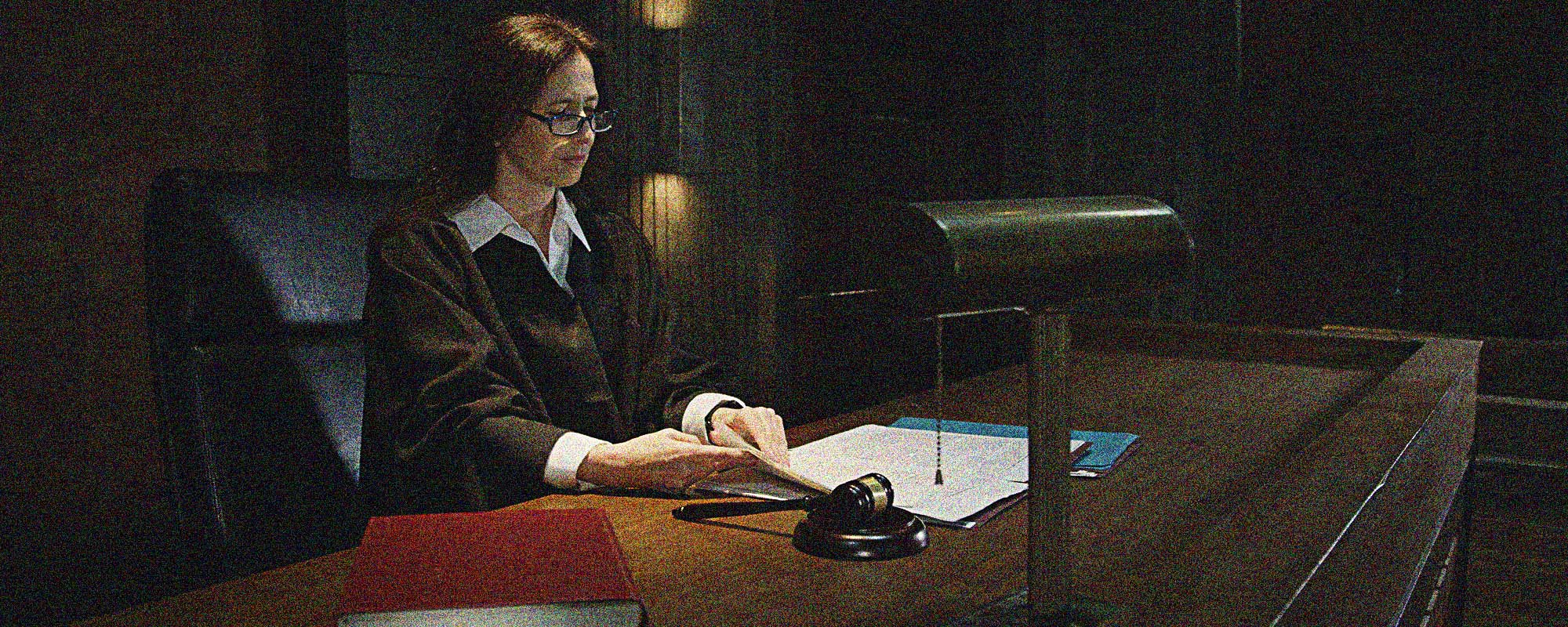The CCLA is intervening at the Supreme Court of Canada in Ontario v. Information and Privacy Commissioner, which will ask the Court to consider the scope of the Cabinet deliberations exemption under Ontario’s Freedom of Information and Protection of Privacy Act (FIPPA). The case will address key questions about the openness and transparency of government institutions under Ontario’s freedom of information legislation.
The case arose when the CBC requested copies of the mandate letters that Ontario’s Premier gave to members of his Cabinet following the provincial election in 2018. Mandate letters typically describe what a Premier (or Prime Minister, at the federal level) want their Ministers to accomplish during the life of the government. In this case, the Cabinet Office took the position that the letters could not be disclosed based on s. 12(1) of FIPPA which creates a mandatory exemption for records the disclosure of which would reveal the substance of deliberations of Cabinet or its committees, and includes a list of specific types of records that are exempt from disclosure. The CBC appealed the refusal to Ontario’s Information and Privacy Commissioner (IPC), who found that the records did not fall under the exemption. Ontario sought judicial review at the Divisional Court, which was dismissed, and then appealed to the Ontario Court of Appeal. A majority of that Court agreed that the IPC decision was reasonable. The Ontario government has now appealed the decision to the Supreme Court of Canada.
What is at stake in the case is more than just the disclosure of mandate letters from 2018 – the case will require the courts to weigh in on how broadly Cabinet confidentiality should be understood and what information about the government’s goals and intentions the public has a right to know.
The CCLA’s intervention takes the position that the protection of Cabinet deliberations is primarily designed to safeguard candour at the Cabinet table and protect from the disclosure the personal views of a minister expressed in deliberations (either directly or by inference). Our written argument before the Court can be accessed here. The hearing in this case is scheduled for April 18, 2023.
The CCLA is very grateful to Iris Fischer and Gregory Sheppard of Blake, Cassels & Graydon LLP for their excellent pro bono assistance on this file.
About the Canadian Civil Liberties Association
The CCLA is an independent, non-profit organization with supporters from across the country. Founded in 1964, the CCLA is a national human rights organization committed to defending the rights, dignity, safety, and freedoms of all people in Canada.
For the Media
For further comments, please contact us at media@ccla.org.





